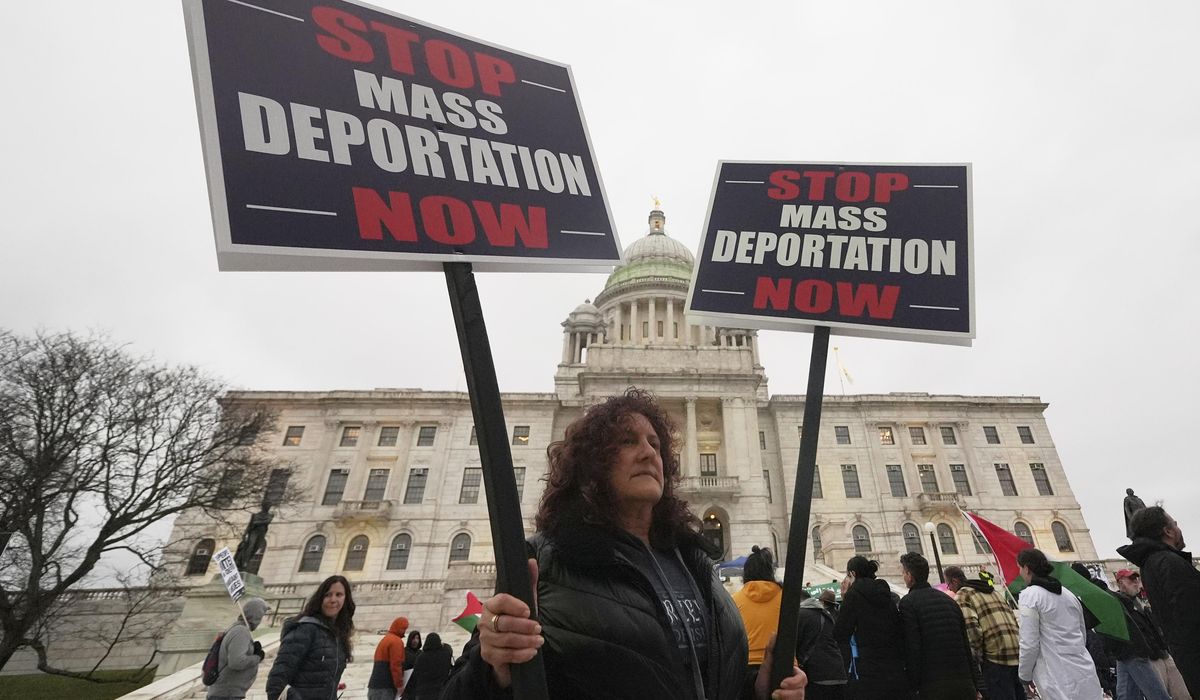


A federal judge’s decision to block deportations has triggered an extraordinary constitutional showdown between branches of government, with Congress, the president and the chief justice all weighing in on judicial independence. Here’s what you need to know about this rapidly escalating conflict:
The impeachment push
Congressional Republicans have taken unprecedented action:
Presidential involvement
Trump has directly entered the fray:
Judicial response
The nation’s top jurist has issued a rare rebuke:
Constitutional questions
The conflict raises fundamental governance issues:
The deportation context
The underlying policy dispute involves:
Political dimensions
The conflict has clear political implications:
Historical context
The conflict has few comparable precedents:
What happens next
Several key developments are anticipated:
The extraordinary conflict between branches of government represents one of the most significant constitutional confrontations in decades, with implications for judicial independence, immigration policy and separation of powers.
Read more:
• Congressman announces articles of impeachment against federal judge blocking deportations
• Chief Justice John G. Roberts Jr. shames judicial impeachment talk
• Donald Trump calls for impeachment of judge who’s blocking deportation
This article is written with the assistance of generative artificial intelligence based solely on Washington Times original reporting and wire services. For more information, please read our AI policy or contact Ann Wog, Managing Editor for Digital, at awog@washingtontimes.com
The Washington Times AI Ethics Newsroom Committee can be reached at aispotlight@washingtontimes.com.
